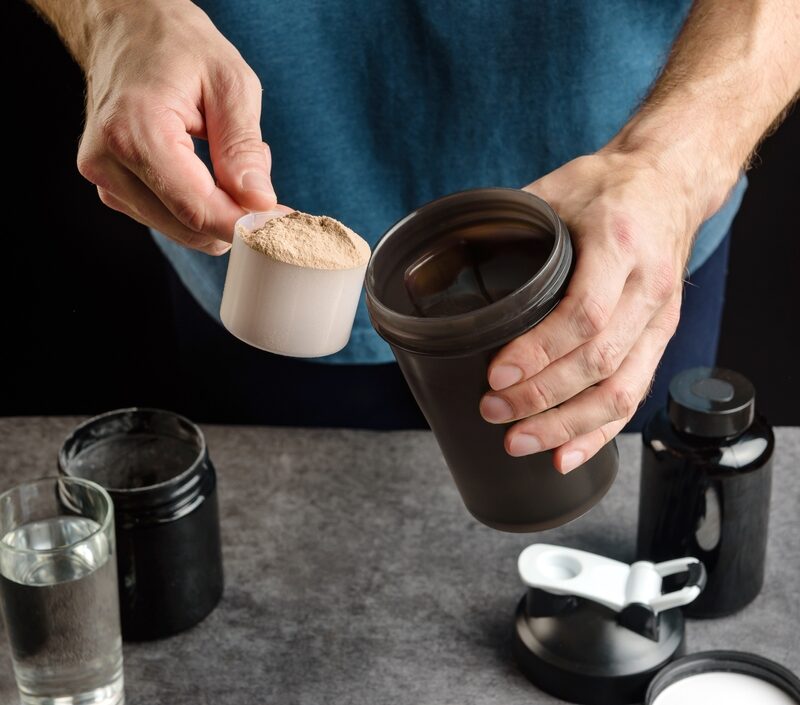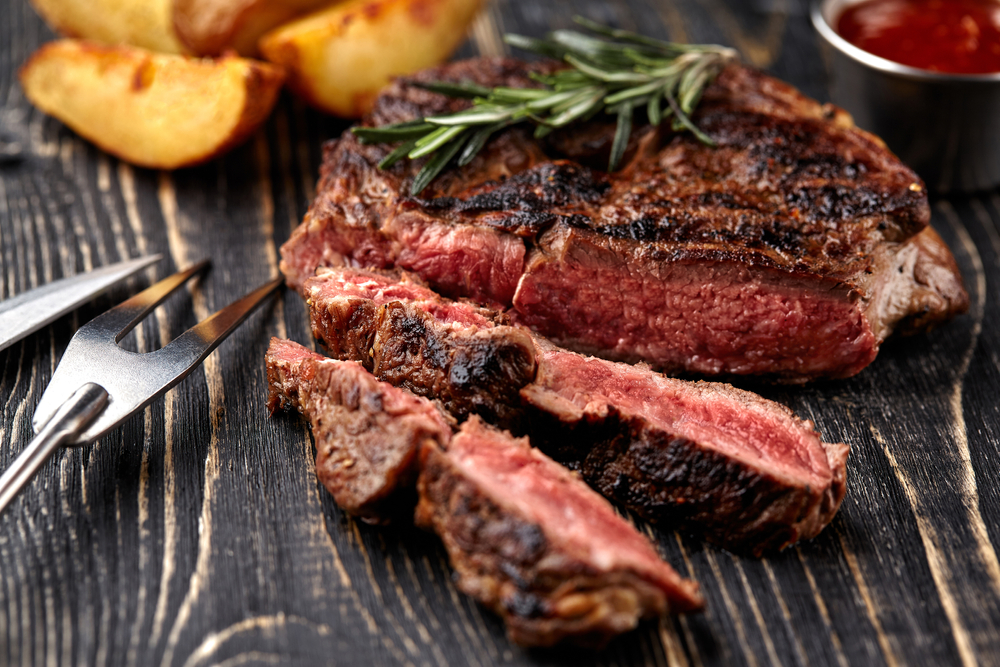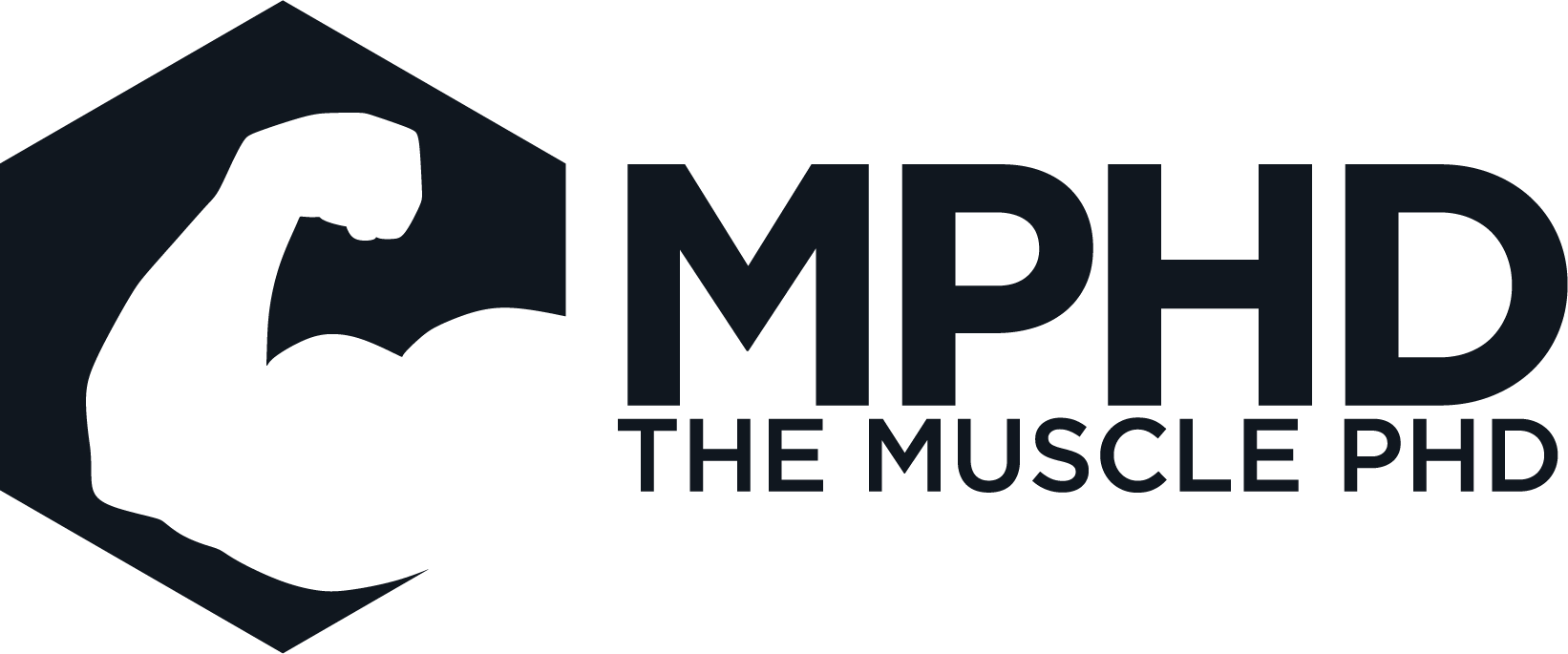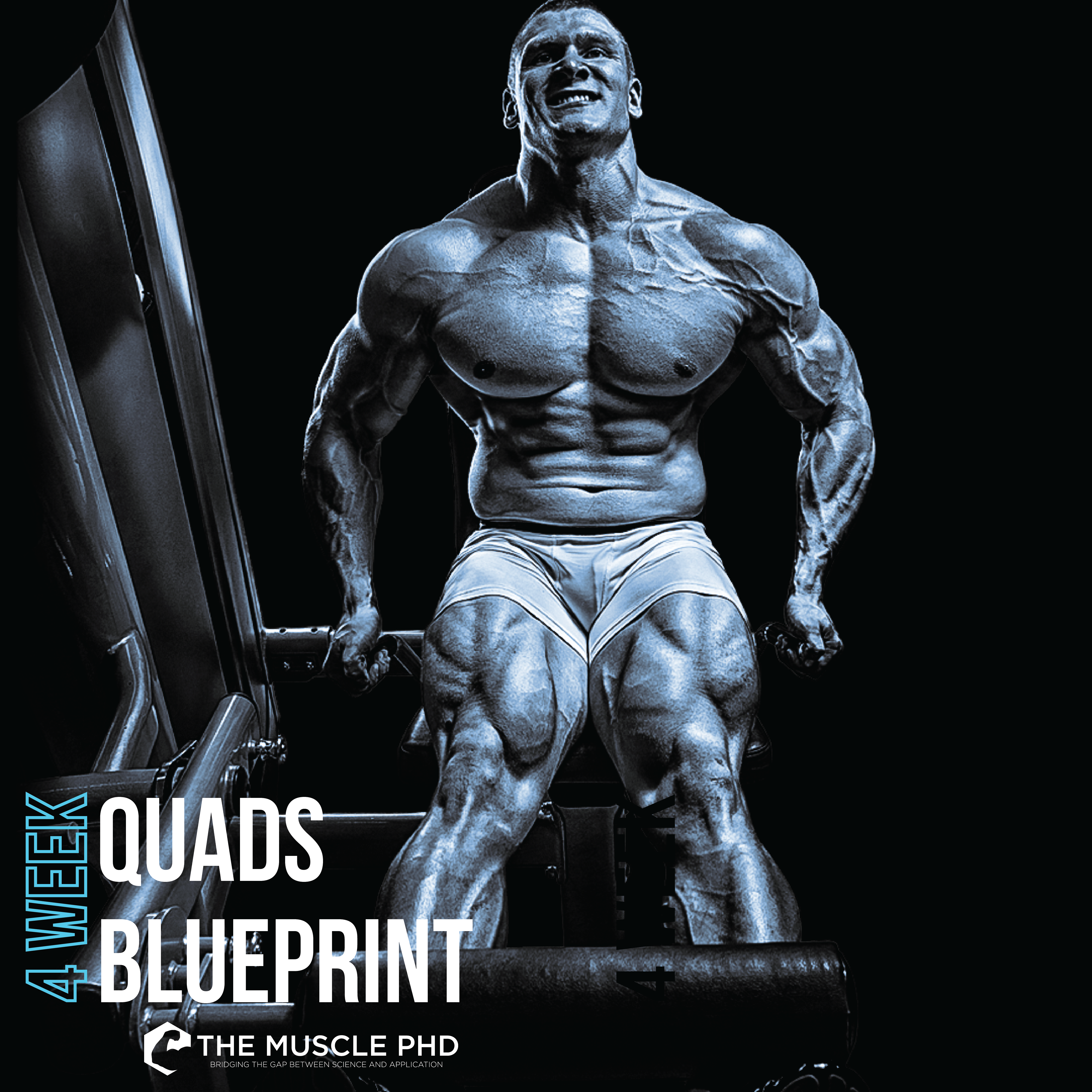We’ve been talking non-stop about all the amazing benefits of whey protein, and how it’s probably one of the most anabolic high-quality protein sources you can consume before a workout. Yet, does it really trump whole food in terms of importance?
You might be asking yourself if you really need to eat whey protein if you could just eat whole foods such as steak and still trigger that protein synthesis. The truth is that you actually need both to truly shine as a bodybuilder.
There’s no denying that whey protein is the number one supplement for protein synthesis, and a staple in any muscle-building diet. It’s practically a superfood that helps you build muscle and stay energetic in the weight room. Not only that, it has many less straightforward benefits that are sure to increase your gains.
Why Whey Is the Better Supplement
Whey protein is dense in immunoglobulin, which directly enhances your immune function. You might ask yourself, how will that help in making gains?
Think back to the last year or two during your bodybuilding career. How many times have you gotten sick during that time period? Once you get sick, it typically takes a month to get back to your normal starting point. That’s even considering you push yourself and start training before your body’s fully healed, which we do not recommend.

Now, think if you never got sick–or if you had a lower likelihood of getting sick–because you were taking whey protein. That’s a whole month of gains you could’ve had. In addition to its immune system-supporting properties, whey actually has the highest concentration of leucine, which is the most anabolic amino acid. Leucine is probably the best essential amino acid when it comes to triggering protein synthesis in the body.
Whey Vs. Whole Food
Whey contains around 11% leucine, while normal meats such as steak contain only around 8% leucine. While that doesn’t sound like a huge difference, in actual implementation, the dosage matters.
While you can maximize protein synthesis with only 20g of whey, you’d need 36g-40g of beef or normal meat if you want to achieve the same effect. However, if you actually take a look at digestion rate, whey wins by a landslide.

Even if you’re the biggest fan of steak, you can’t deny that it has a higher amount of fat than whey protein, which slows down your digestion. The chewing process also contributes to extending digestion time, while whey will get instantly digested and maximize your protein synthesis.
Casein is slower digesting, yet actually only slightly lower in leucine percentage than whey protein, while mimicking whole food such as steak or meat.
Studies found that bodybuilders who consumed whey over a 10-week period gained more muscle and lost more fat, while making better strength gains than the group that relied on casein. That’s because whey mimics the normal slow-digesting meal.
Supplement a Whole Food Diet with Whey
We’ve established that the normal amino acid content doesn’t make a huge impact in maximizing your gain–what matter is actually the digestion rate. If you have a rapidly digesting whey protein, it’ll trigger protein synthesis more effectively than just a normal slow digestion meal. However, that doesn’t mean that you should replace whole foods entirely.
While whey protein should be a staple in your bodybuilding diet, it should also be combined with healthy whole foods to achieve maximum effect. However, what if you don’t have the time to sit down and eat a nutritious meal?
For example, life might get in the way and only give you a limited amount of time to focus on prioritizing your body, or you might be traveling or working long hours and you can’t just sit down and have a normal meal.
In that case, you can take out that whey protein shake in your backpack, shake it up and drink it in order to get anabolic. We hope this article helped highlight the differences between whey protein and whole food!









